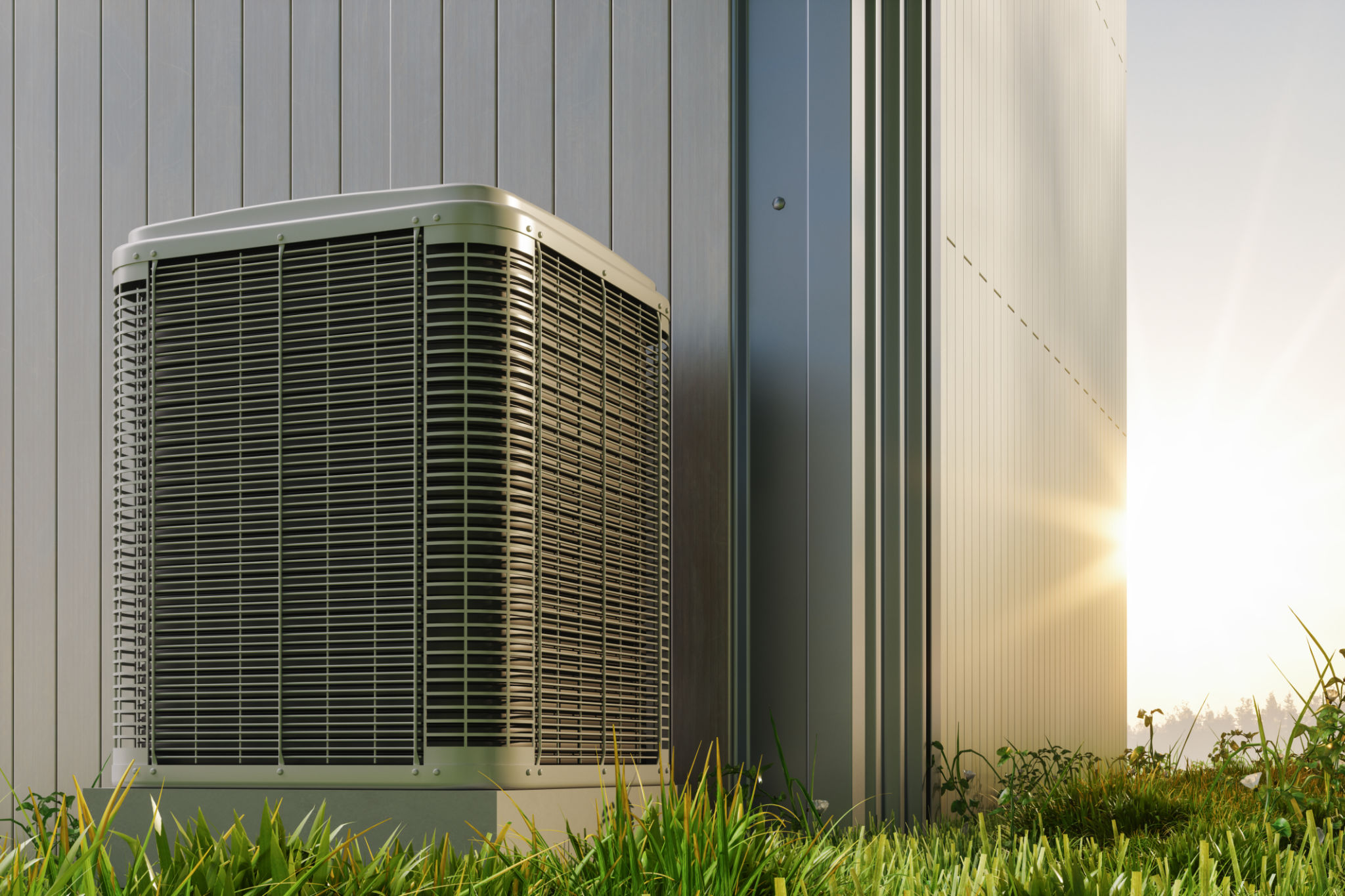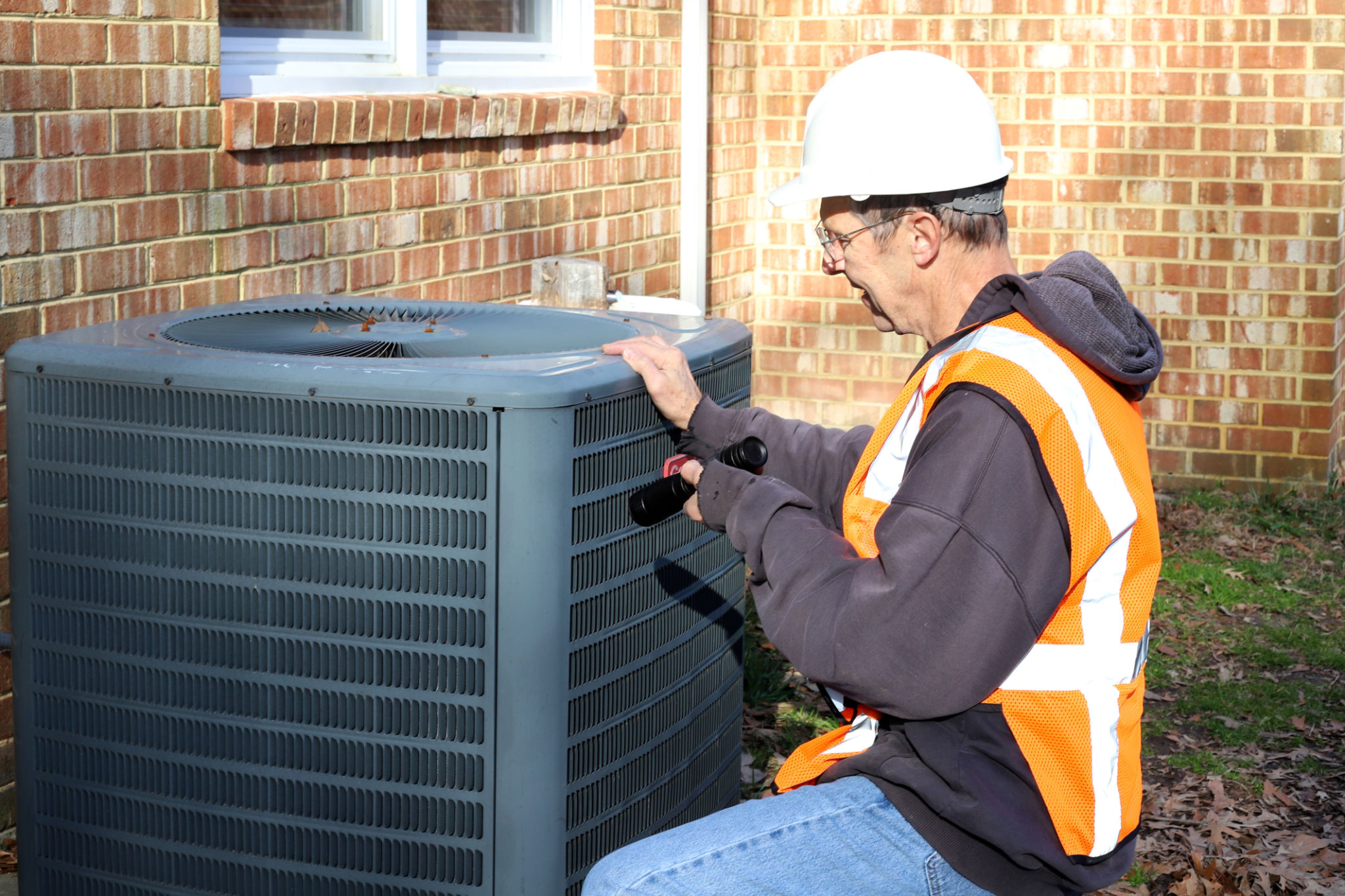Debunking Common Myths About HVAC Systems
CH
Understanding the True Nature of HVAC Systems
Heating, ventilation, and air conditioning (HVAC) systems are crucial for maintaining comfort in homes and businesses. However, a lot of misconceptions surround these systems, leading to confusion and sometimes poor decision-making. In this post, we aim to debunk some of these common myths and provide clarity on how HVAC systems truly operate.

Myth 1: Bigger is Always Better
One of the most prevalent myths is that a larger HVAC system will provide better heating and cooling. While it might seem logical that a more powerful system could offer superior performance, this is not always the case. An oversized system can lead to short cycling, which means it turns on and off frequently. This not only increases energy consumption but also reduces the lifespan of the equipment.
The key to an efficient HVAC system is proper sizing. An appropriately sized system will run for longer cycles, which is more energy-efficient and better at maintaining consistent temperatures. It's essential to consult with a professional who can perform a load calculation to determine the right size for your space.
Myth 2: Closing Vents Reduces Energy Costs
Another common misconception is that closing vents in unused rooms will save on energy costs. This myth stems from the idea that by redirecting air away from certain areas, the system will use less energy. In reality, closing vents can create an imbalance in air pressure, which forces the system to work harder and ultimately increases energy usage.

Moreover, modern HVAC systems are designed to heat or cool entire spaces evenly. Closing vents can also lead to issues such as frozen coils or damage to the ductwork. Instead of closing vents, consider investing in a zoning system that allows for more precise control over different areas of your home.
Myth 3: Maintenance Isn't Necessary
Some people believe that once an HVAC system is installed, it requires little to no maintenance. This misconception can lead to costly repairs or even system failure. Regular maintenance is crucial for ensuring that your HVAC system operates efficiently and lasts as long as possible.
Routine tasks such as changing filters, cleaning coils, and inspecting ductwork can help prevent problems before they become severe. Additionally, regular maintenance checks by a professional can address potential issues early on, saving you money in the long run.

Myth 4: Thermostat Placement Doesn't Matter
The placement of your thermostat can significantly impact your HVAC system's performance. Many people underestimate its importance and place thermostats in locations that do not accurately reflect the room's temperature, such as near windows or heat sources.
To ensure accurate readings and optimal performance, thermostats should be placed on interior walls away from direct sunlight, drafts, doorways, and appliances. This ensures that your HVAC system receives accurate temperature information and can maintain your desired comfort level efficiently.
Conclusion: Dispelling Myths for Better HVAC Performance
Understanding the truths about HVAC systems can lead to better decision-making and improved energy efficiency in your home or business. By debunking these myths, you are now better equipped to optimize your HVAC system's performance and lifespan. Remember, consulting with HVAC professionals can provide you with tailored advice and solutions for your specific needs.
